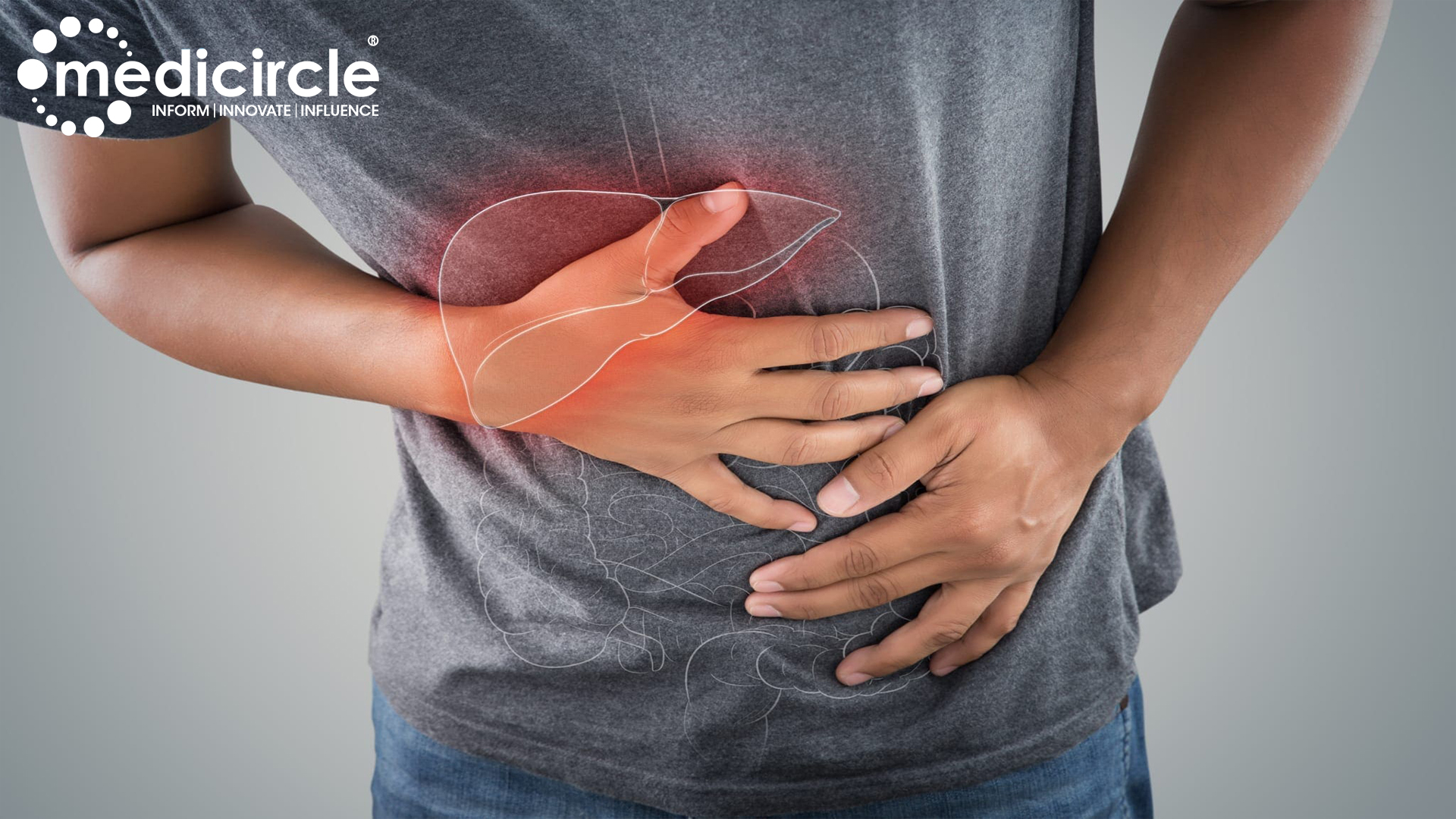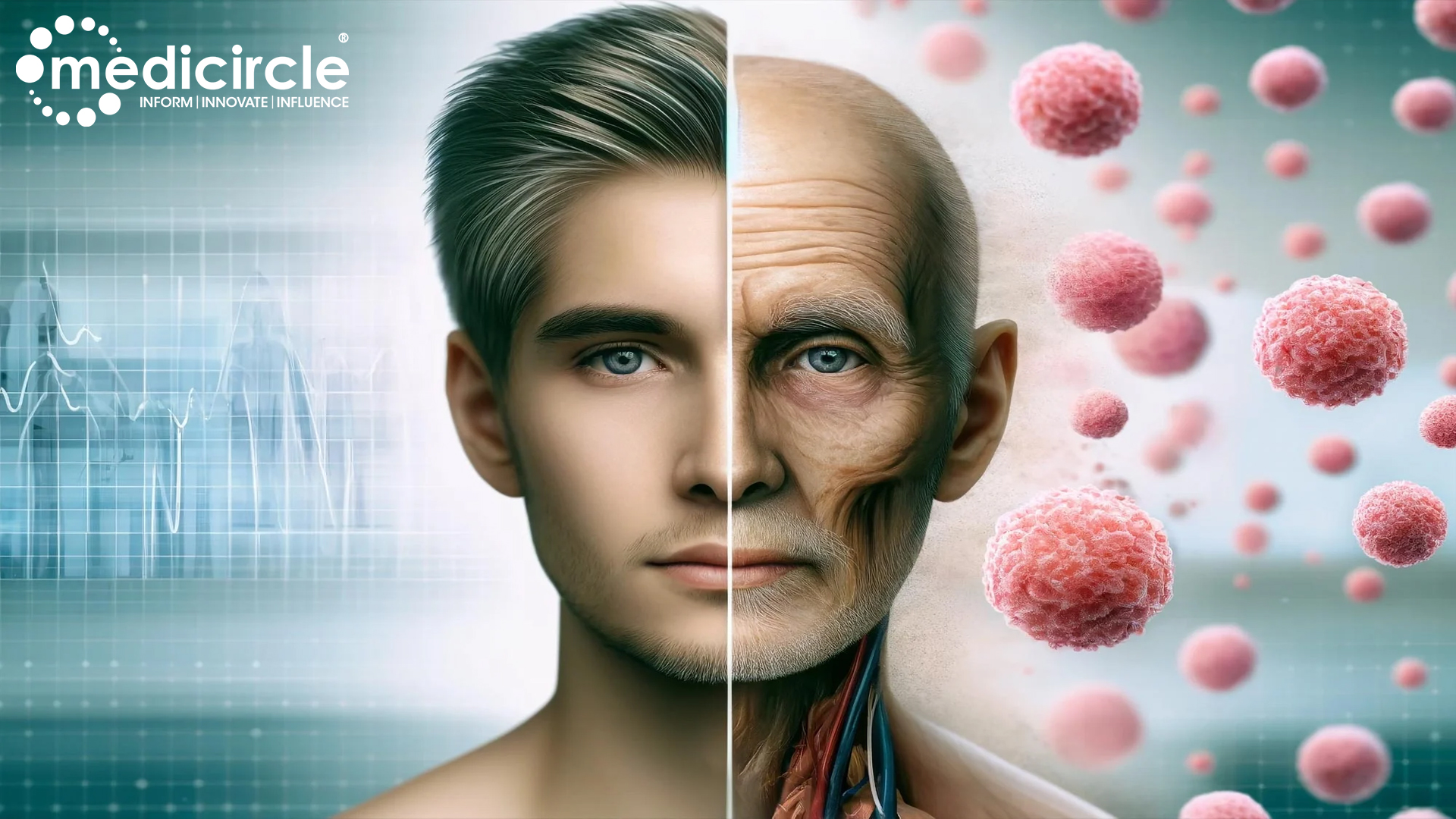The World Health Organization (WHO) has highlighted "empowering signs" that nations in Europe can manage Covid flare-ups, regardless of the expansion in cases since lockdown measures were lifted.
At a WHO media preparation, Bruce Aylward, Senior Advisor to the Director-General, featured the "gigantic" information, limits, and ranges of abilities that currently exist to counter rises in cases, which have been developed since the stature of the pandemic in Europe in March.
"Europe has figured out how to distinguish, seclude, isolate," he said.
"It's likewise recognized how to set up the individual measures so we've just found in certain regions of Europe an exceptionally quick inversion in what were some quickly expanding bends.
"So I imagine that while we can't be self-satisfied, there are some promising signs as of now that even these underlying rises can be pivoted substantially more quickly than they were in the spring, in light of the information aptitudes limits that have been manufactured."
Four key strides to opening-up
Dr. Tedros Ghebreyesus, the Director-General of the WHO, said four key advances should have been taken to diminish transmission and take into account the safe returning of social orders.
- Forestalling intensifying occasions, which are connected to huge social events of individuals for instance at arenas, night clubs, and places of love. He demanded there are approaches to hold get-togethers securely in certain spots.
- Diminish deaths by protecting weaker groups -, for example, the older, individuals with hidden health conditions, and basic workers. This will lessen the weight of health frameworks.
- People must do their part, by following directions identified with social separating, hand washing, and wearing a mask
- Fourth, governments must take custom actions to discover, detach, test, and care for cases and follow and isolating contacts.
"On the off chance that nations are not kidding about opening up, they should be not kidding about smothering transmission and sparing lives," he said.
"This may appear to be an unthinkable parity - yet it's not. It tends to be done, and it has been finished. However, it must be done if nations are in charge of the transmission."
Cracks in our healthcare system
Dr. Ghebreyesus likewise featured the troubles health frameworks around the globe have been looking at since the beginning of the pandemic.
A WHO overview dependent on 105 nations' reports recommended 90% of nations experienced disturbance to their health administrations.
Low and center salary nations detailed the best challenges, he included, with a thump on consequences for standard and elective administrations just as basic consideration, for example, disease screening and treatment and HIV treatment.
Conceivably life-sparing crisis administrations were disturbed in just about a fourth of the nations that reacted.
"The overview sparkles a light on the breaks in our health frameworks, however, it likewise serves to educate new procedures to improve healthcare arrangement during the pandemic and past," said Dr. Ghebreyesus
"Coronavirus ought to be an exercise to all nations that health isn't an 'either-or' condition. We should better get ready for crises yet additionally continue putting resources into health frameworks that completely react to individuals' needs for the duration of the existing course."

 Europe is learning from the mistakes done and trying to combat the situation by enforcing strict rules
Europe is learning from the mistakes done and trying to combat the situation by enforcing strict rules

































